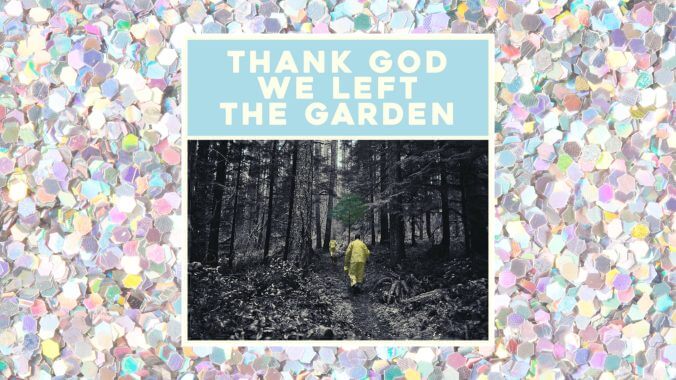Jeffrey Martin Finds Beauty in the Mess on Thank God We Left the Garden
The Portland singer/songwriter’s latest centers on his voice and acoustic guitar.

One of the basic tenets of conventional Christian doctrine holds that human beings are born inherently flawed because Adam and Eve blew it and got themselves kicked out of the Garden of Eden. The idea of original sin is foundational for Jeffrey Martin on his new album, too, but for a different reason. As Martin sees it, that apocryphal bite of the apple wasn’t some catastrophic downfall for humanity. On the contrary, it was an awakening—the moment when things got interesting.
That’s not to say things didn’t also get complicated. The loss of innocence is a theme that reverberates throughout Thank God We Left the Garden, which is Martin’s first LP since One Go Around in 2017. His latest is a stunner of a record, with songs that are stark in their simplicity, yet emotionally rich in a way that can catch your breath in your throat or leave your eyes suddenly damp. Most of these 11 tracks feature nothing more than Martin singing in a rumpled voice and accompanying himself on acoustic guitar as he gives life to characters reckoning with the innermost parts of themselves.
He returns more than once to images of trees and gardens. “Better to eat the fruit than be blind here,” he sings on “Daylight.” A couple tracks earlier, on “Garden,” Martin suggests that even if humanity somehow fell from grace, our mistakes are what shape us into who we are. “As if the mess that I’m making / Isn’t really a blessing,” he sings. Taken together, those lines define his outlook over the entire album.
-

-

-

-

-

-

-

-

-

-

-

-

-

-

-

-

-

-

-

-

-

-

-

-

-

-

-

-

-

-

-

-

-

-

-

-

-

-

-

-








































